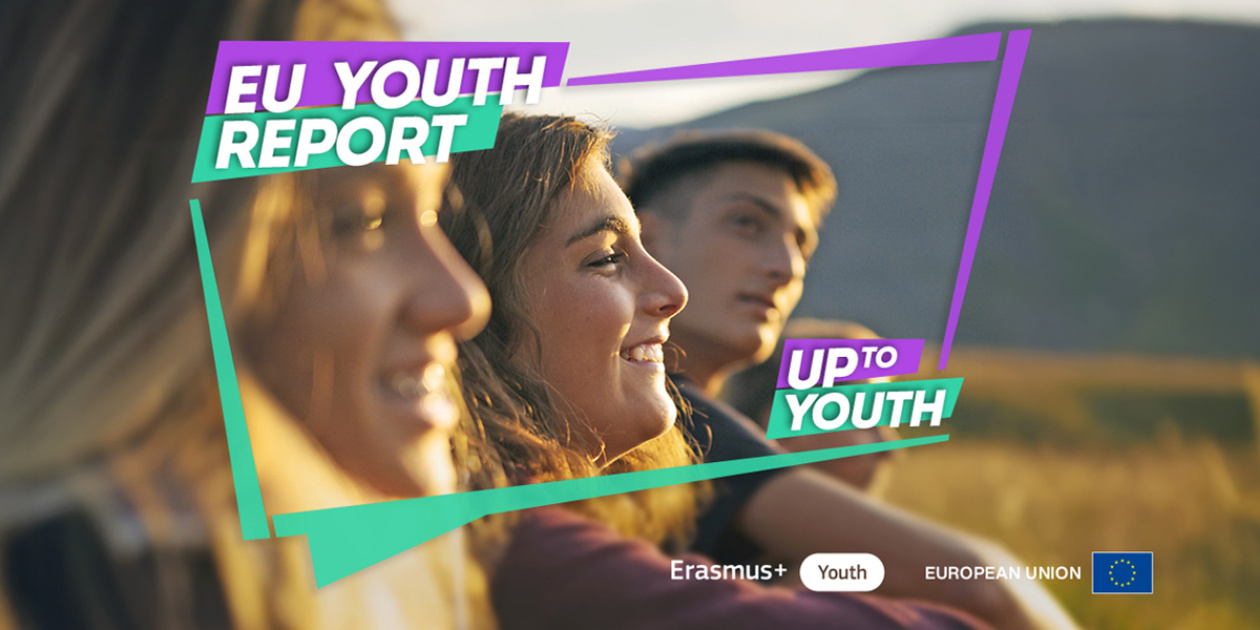The European Commission is launching a new online debate on the Citizens’ Engagement Platform, alongside the publication of the 2024 EU Youth Report. The debate builds on the Youth Policy Dialogues that took place during the Commission’s first 100 days, bringing the most prominent themes raised by young people into an EU-wide discussion.
This initiative comes as a new Eurobarometer survey shows that 61% of young Europeans are optimistic about the future of the EU. Six out of ten (60%) also believe that the EU has a positive impact on society. Young people see as the EU’s main strengths the freedom to live, study and work in another EU country (32%), strong relationships and solidarity between Member States (28%), and the EU’s commitment to democracy and fundamental values (25%).
In parallel, the European Commission also published the EU Youth Report 2024, offering an overview of young people’s life in the EU and the progress under the EU Youth Strategy 2019-2027. The report reaffirms the Commission’s commitment to ensuring young people’s voices remain central to EU policymaking.
The new online debate on the Citizens’ Engagement Platform will allow more people of all ages to build upon the exchanges of the Youth Policy Dialogues. Launched as an annual initiative, the Youth Policy Dialogues encourage young people to express their views on EU policy initiatives by interacting with Commissioners and to integrate the youth’s views into the EU’s political agenda. By moving this debate online, more young people will be able to contribute.
According to the fresh Eurobarometer data, the interviewees identify as the most pressing concerns for the future the cost of living (41%), and peace and global stability (30%), with 31% of young Europeans believing security and defence should be the EU’s top priority. While almost two thirds (65%) of young Europeans are satisfied with the way democracy works in the EU, above one third (34%) of them see false and misleading information as the biggest threat to democracy.
67% of young Europeans would be interested in attending a dialogue with other young Europeans and with EU representatives on matters of interest for the future of the EU. The Eurobarometer also showed the importance of online platforms as a key youth and information source, with social media platforms (42%) the most commonly used sources of news among young Europeans.
The EU Youth Dialogue – the largest EU-level youth participation platform – is growing. In the past five years, 130 000 young people took part. The EU Youth Stakeholders Group will facilitate structured dialogue between youth organisations, researchers, and policymakers.
